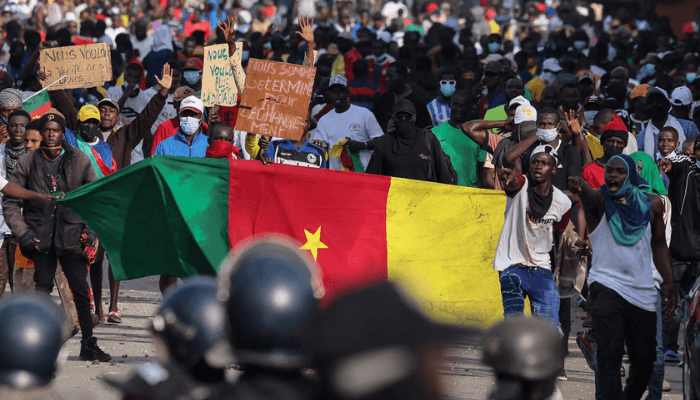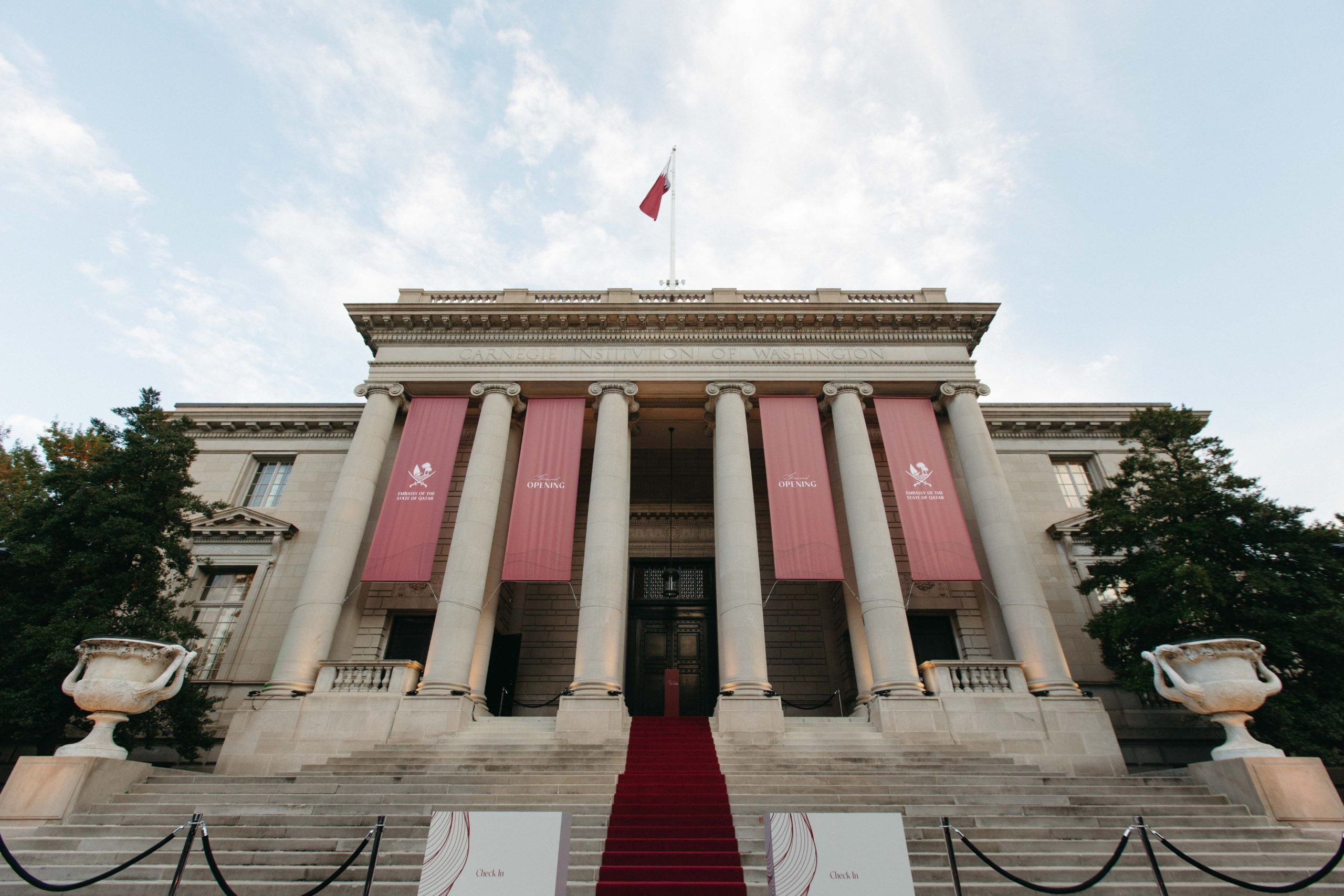Copyright businessday

As the dust settles on Cameroon’s 2025 presidential election, the country stands at a defining crossroads — politically, economically, and regionally. For Nigeria’s business community, this moment is more than a political headline; it is a call to rethink Cameroon not as a troubled neighbour but as an untapped frontier in the heart of Central Africa. Cameroon’s 92-year-old President Paul Biya has been declared the winner by the Constitutional Council, securing 53.7% of the vote against 35.2% for his main challenger, Issa Tchiroma Bakary. The result, though unsurprising, has reignited debates about governance, inclusivity, and the long-standing Anglophone crisis that continues to simmer in the country’s western regions. A political legacy that shapes economic realities President Biya, who has ruled since 1982, now extends his tenure into its fifth decade — an extraordinary political continuity by any measure. For some investors, that continuity offers predictability in a region often marked by volatility. For others, it signals stagnation, where bureaucratic inertia and centralised control delay much-needed reforms. The Anglophone crisis, which began in 2016 as peaceful protests over marginalisation, has since evolved into one of Africa’s most protracted internal conflicts. Businesses in the North-West and South-West—Cameroon’s English-speaking regions—continue to operate under uncertainty, facing periodic shutdowns, security risks, and disrupted supply chains. The conflict has displaced over one million people internally, while more than 431,000 refugees from neighbouring countries, mostly from the Central African Republic and Nigeria, have sought safety within Cameroon’s borders. This instability has discouraged foreign investment and disrupted trade routes vital for cross-border commerce. Having lived in Buea from June 2017 to August 2019, during some of the most volatile years of this conflict, I witnessed firsthand both the human toll and the quiet resilience of communities determined to rebuild. For Nigeria, which shares over 2,000 kilometres of porous border with Cameroon, these tensions carry both risks and opportunities. As 2025 presidential candidate Ateki Seta Caxton reflected, “Cameroon stands at a crossroads where truth and enterprise must meet — for no economy can thrive where trust is broken, and no nation can prosper without the courage to rebuild on integrity.” His words capture the moral foundation upon which true economic revival must rest. A market waiting to be engaged Cameroon remains one of Central Africa’s most diversified economies. Agriculture, oil, manufacturing, and telecommunications have sustained growth averaging around 4 percent in recent years. The Port of Douala, the subregion’s busiest maritime hub, connects landlocked countries such as Chad and the Central African Republic to the Atlantic — positioning Cameroon as a commercial bridge under the African Continental Free Trade Area (AfCFTA). For Nigerian businesses, particularly in banking, manufacturing, transport, and fintech, the opportunities are significant. With a population of over 28 million and a geographic position linking West and Central Africa, Cameroon offers a natural expansion corridor for Nigerian enterprises. Brands like Dangote, UBA, and MTN have made inroads, but engagement remains far below potential. “With a population of over 28 million and a geographic position linking West and Central Africa, Cameroon offers a natural expansion corridor for Nigerian enterprises. Brands like Dangote, UBA, and MTN have made inroads, but engagement remains far below potential.” Technology, youth, and the rise of Silicon Mountain Beyond traditional sectors, technology is rewriting Cameroon’s story. The Silicon Mountain in Buea, often called the “mini–Silicon Valley of Africa”, anchors a vibrant ecosystem of innovation and entrepreneurship. A new generation of young developers and startups is designing digital solutions across finance, e‑commerce, education and health, sparking a momentum that feels like a reflection of Nigeria’s own tech resurgence. As Mambe Churchill, CEO of Buyam, emphasises: “Silicon Mountain in Buea is the ideal launchpad for Nigerian tech companies into Francophone Africa. Its bilingual talent pool and proven startup ecosystem make it the bridge to over 300 million consumers across the expanding Francophone market.” For Nigeria’s tech investors, this is more than market access; it’s a chance to shape Africa’s emerging digital economy and deepen South–South innovation linkages. Beyond the language divide: The Anglo-French challenge Cameroon’s dual heritage, one part French-speaking, one part English-speaking, presents both a challenge and an opportunity. The nation’s hybrid legal and administrative systems reflect a blend of civil and common law traditions. For Nigerian entrepreneurs accustomed to English-based systems, this requires adaptability but rewards those willing to learn and localise. Crucially, the two Anglophone regions share the largest portion of Cameroon’s border with Nigeria, making them a major trade corridor for goods flowing in both directions. Strengthening these cross-border ties could stimulate growth and build resilience. As Muma Bih Yvonne, social justice advocate and co-founder of the Network for More Women in Politics, reminds investors: “Cameroon doesn’t lack opportunity—it needs bold investors to transform its land and maritime borders into thriving business corridors that fuel Central Africa’s growth and give its young people hope beyond conflict.” Integrating these marginalised regions into the national economy isn’t just a political necessity; it’s sound economics. Inclusive growth could unleash new clusters of innovation, trade, and cultural exchange between Nigeria’s southeastern states and Cameroon’s English-speaking zones. Economic performance and regional outlook Cameroon’s real GDP grew by 3.5% in 2024, up from 3.2% the previous year, driven by improved cocoa and cotton output and expanded electricity access for industry. Inflation dropped from 7.4% in 2023 to 4.1% by mid-2025, signalling improved stability. Despite weaker oil production, agricultural exports remain strong, and the current account deficit narrowed to 3.2% of GDP. Reforms backed by the World Bank—including the Local Governance and Resilient Communities Project and the Secondary Education and Skills Development Project—highlight a renewed focus on decentralisation, competitiveness, and human capital. These initiatives are slow but essential steps toward restoring investor confidence. Within CEMAC, Cameroon accounts for nearly 40 percent of the total GDP, serving as the economic engine of Central Africa. The deepwater Kribi Port now complements Douala as a modern gateway to regional markets, offering Nigerian logistics firms, manufacturers, and energy companies access to Chad, the Central African Republic, and beyond. Charting a new path for regional partnership Nigeria and Cameroon are tied together by more than a border; they share a history, vibrant trade flows and families that stretch across both sides. Even when diplomatic tensions flare up now and then, cooperation in energy, logistics and border security remains vital. As Cameroon navigates post-election uncertainty, Nigeria’s private sector can play a stabilising role, offering investment, infrastructure partnerships, and inclusive business models that reach marginalised regions. However, success will require nuance and patience. Investors need to attune themselves to Cameroon’s rhythm, respect the subtleties of governance and make a genuine effort to engage both Francophone and Anglophone communities. What looks like political stagnation from afar may, in reality, mask a society in quiet transition — one where business could become a unifying force if approached responsibly. Conclusion: The business case for strategic engagement Cameroon’s future remains uncertain but not bleak. The 2025 elections reaffirmed continuity over change, yet the country’s economic fundamentals remain strong, its geostrategic position unrivalled, and its market opportunities vast. For Nigerian business leaders, the message is clear: look south and east, not only west. A stable, prosperous Cameroon would not just strengthen Central Africa—it would expand Nigeria’s reach, deepen continental integration and usher in a new chapter of African‑led growth powered by vision, courage and enterprise.



